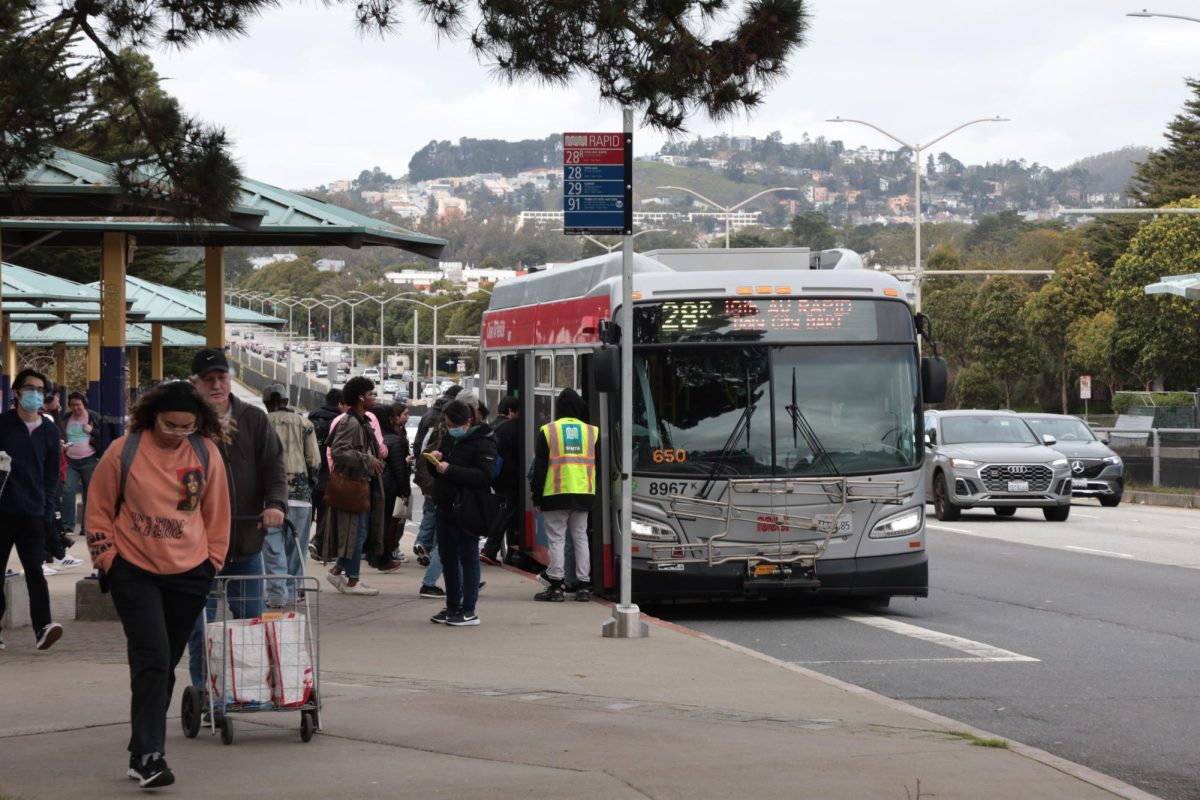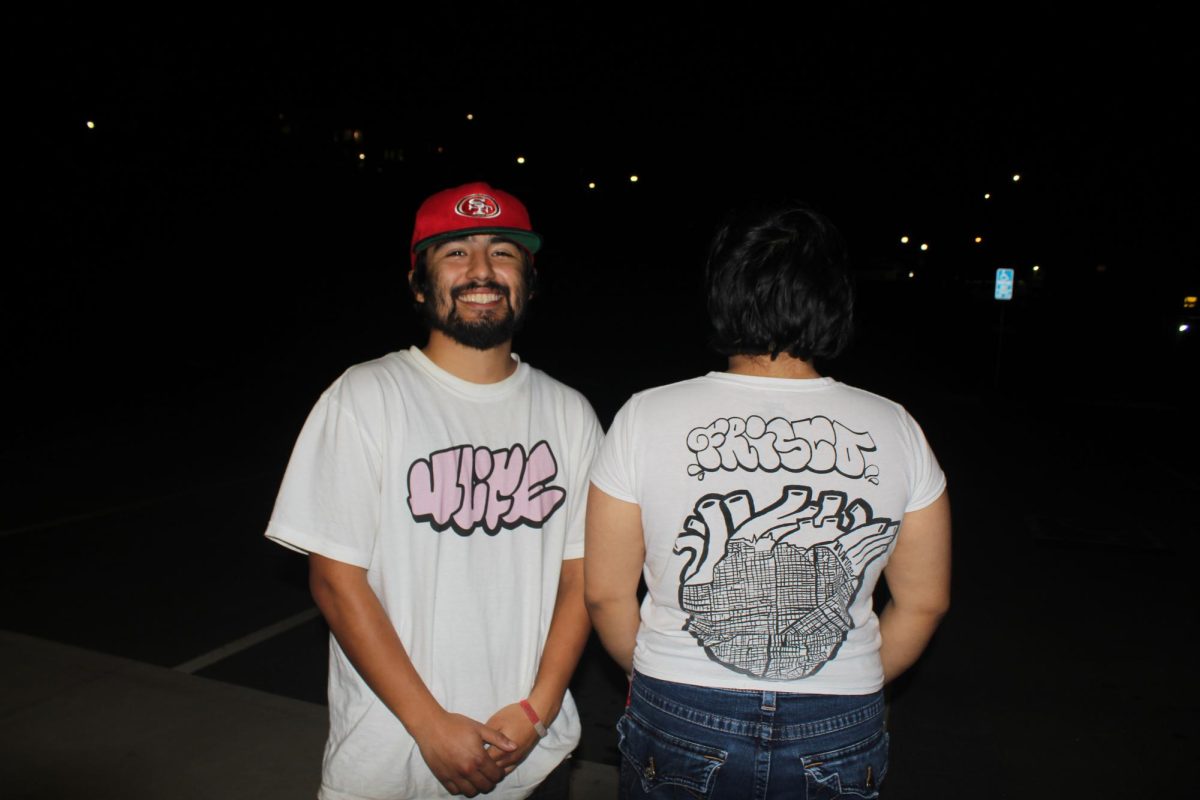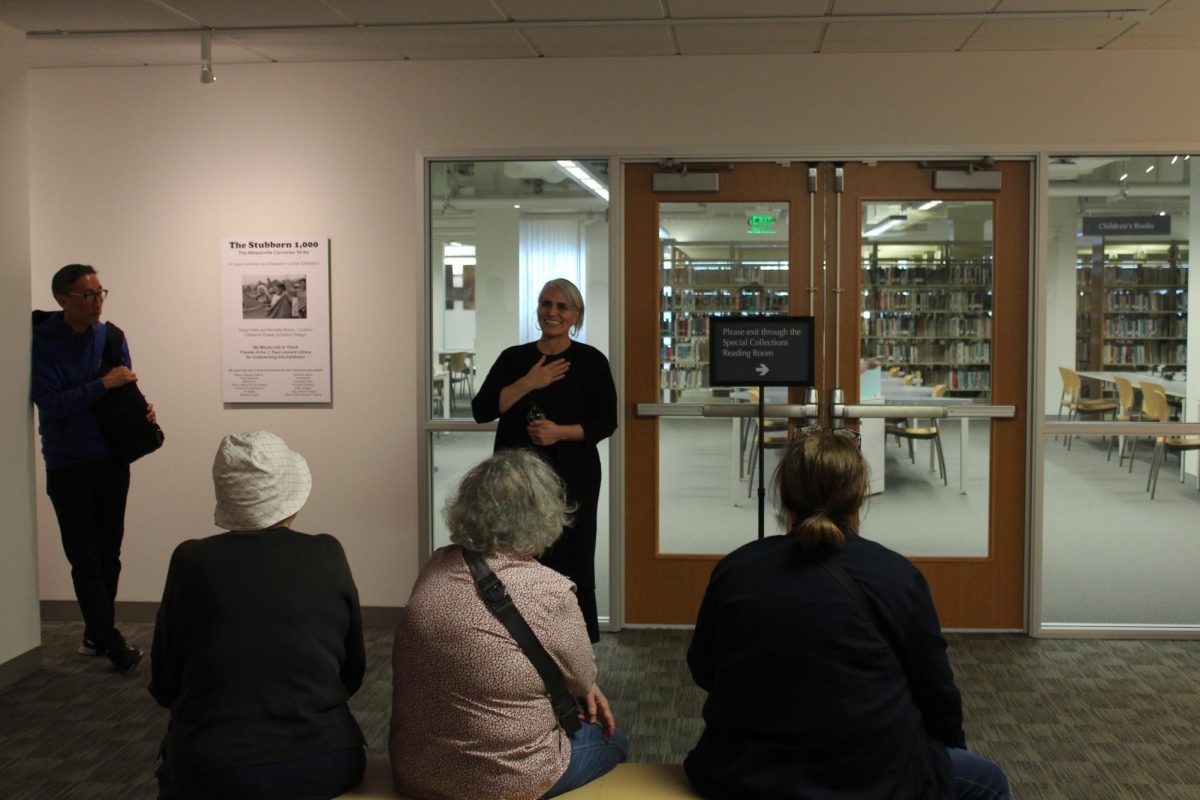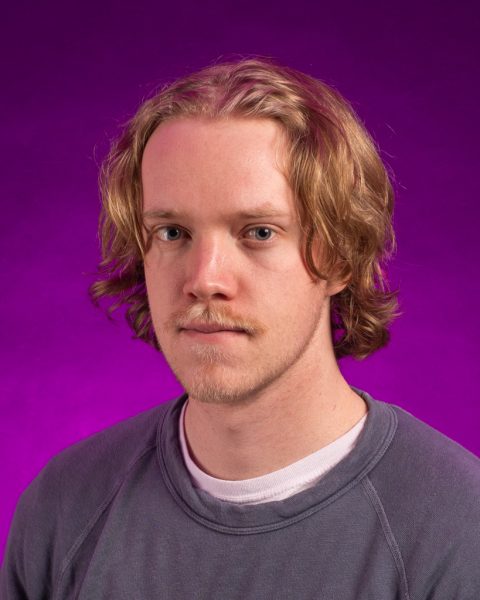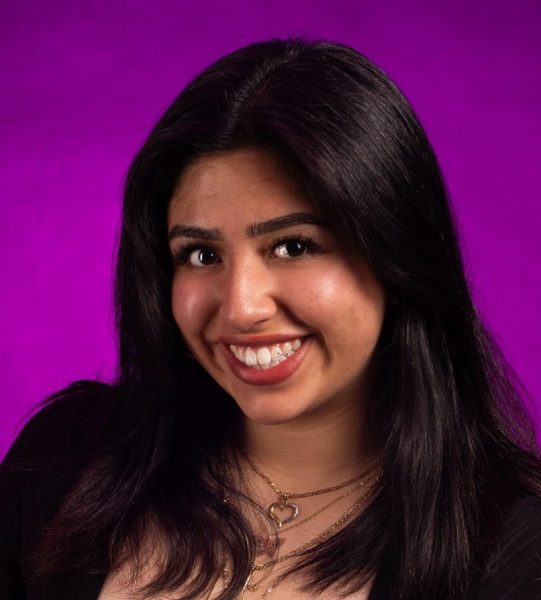Following Super Tuesday, San Francisco State University experienced yet another gray day that failed to differentiate from the rest of its seemingly dull winter, an apt atmosphere that seemed to mirror the political sentiments of students.
Though recent strikes and protests by students and faculty rocked the campus, the shadow of the primary election seems to hold little weight on an otherwise very political campus. Plenty of students agree that the 2024 campaign season feels indifferent to voters’ interests.
Though there certainly will be a proportion of Gators participating in the upcoming presidential election, many are doing so without zeal, as both Donald Trump and Joe Biden fail to wow the younger demographic.
“I’ll be voting, but I’m so bored. I wish there were someone else in the mix,” said Carolynne Zimmerman, a business major at SFSU.
College-aged Americans appear indifferent towards the forthcoming presidential elections, as they perceive their concerns inadequately addressed by the leading candidates in the upcoming November race.
“Young people are facing consequences that people of my generation didn’t have to deal with, these problems are very real and contribute to general apathy and cynicism among young people,” said Ron Hayduk, a professor in the political science department.
Zimmerman feels parallel to Hayduk’s statements.
“It feels like Biden keeps teasing us with his promises on removing student debt, and then he goes ‘just kidding.’ I couldn’t care less either way at this point,” she said.
A prevalent theme is the busy schedules of young people, often leaving them with little time to engage with politics.
Michael Alonzo, a Broadcast and Electronic Communication Arts major, did not vote on Super Tuesday.
“I’ve been very out of the loop; I tend not to pay too close attention to politics for mental health reasons, a lot of the news these days tends to be very negative,” Alonzo said. “There seems to be a lot of people who like to be politically active, but also a large demographic such as myself that tends to stay out of it.”
Zimmerman, who also abstained from participating in the primary election, agreed.
“A lot of us have to work and a lot of us don’t know about it. It’s hard to know what directly affects us so it feels like ‘why put the time into it,’” she said.
Martha Martin, a computer science major, also didn’t know about Super Tuesday and said that both lack of time and lack of interest are responsible for low voter turnout.
“If it feels like we are only given two choices: left or right. We are not given a different perspective that could represent people in the middle,” she said. “Both candidates have different failures, at this point, it feels like I’m just voting for the best outcome.”
This situation, in which voters do not vote with zeal for a certain candidate but rather disdain for their opponent, is what Rebecca Eissler, an assistant political science professor at SFSU, refers to as “double-hate voting.”
“Campaigns are about persuasion and sometimes that takes time. However, a lot of folks are still not thrilled,” Eissler said.






